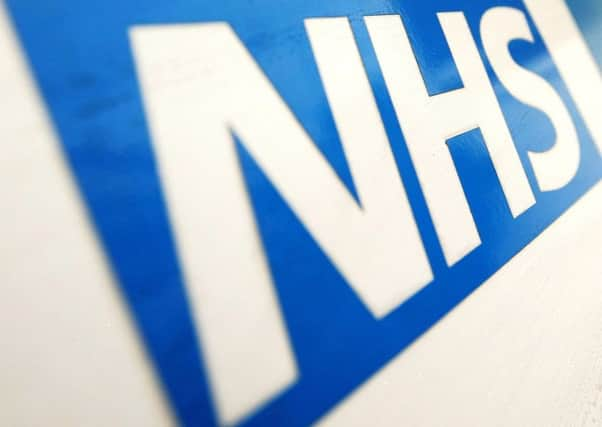Isle residents urged to plan ahead before strike action


East Midlands Ambulance Service director of operations, Richard Henderson said: “If national strike action goes ahead it will be much longer in duration than the two previous occasions (October and November 2014).
“Our service is incredibly busy receiving on average a new 999 call every 45 seconds. Strike action is proposed to take place over 24 hours on Thursday and will have a disruptive impact on the services we provide.
Advertisement
Hide AdAdvertisement
Hide Ad“We continue to work closely with trade union colleagues at GMB and Unison so that human life is not endangered. However, during strike action we will only be able to send an ambulance to the most seriously ill and injured and some people will unfortunately experience a delayed response.
“To help us help those in most need, the public are advised to plan ahead of Thursday.”
Advice includes to:
Visit your GP or local pharmacy for professional medical advice if you feel unwell now. This will allow you to treat your condition and reduce the risk of you needing yrgent medical help later.
If you have a long-term or chronic condition, make sure you continue to take your regular medication to help keep on top of your illness.
Advertisement
Hide AdAdvertisement
Hide AdMake sure you have collected your regular prescription from the GP or that you you have been to, or arranged, for someone to visit the pharmacist to collect.
If you are in the late stages of pregnancy make arrangements with friends or family so that they can take you to hospital.
Richard added: “The last industrial action took place over four hours and saw approximately 50 per cent of our workforce on duty take some form of strike action. This time the action is for 24 hours and it will be a real challenge for us to get to people in an emergency. People should call 999 for life threatening emergencies which include cardiac arrest, chest pain, unconscious, sever breathing problems, substantial bleeds or stroke.
“Whilst we work to make every attempt to get to people as quickly as possible, unfortunately we predict there will be delays experienced by some people, including those with broken bones, or those who have fallen and cannot get back up, and some people in road traffic collisions where their life is not at immediate risk.”
People can access details about the NHS services available by visiting www.nhs.uk